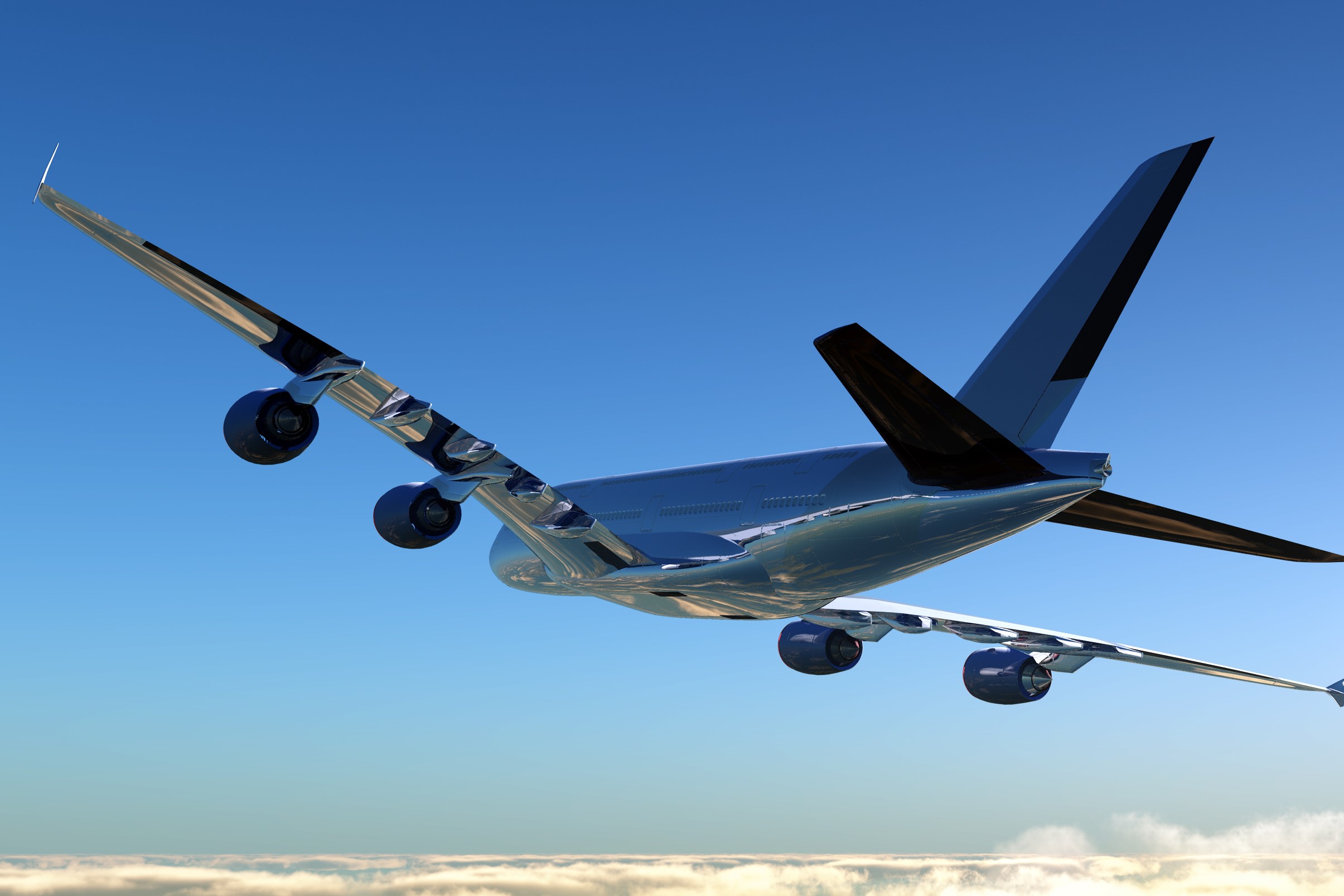The carbon burden is growing. Air travel needs to change.
Posted 27/02/2020

It’s no surprise that the air travel industry is currently one of the world’s biggest polluters. For context, the sector’s direct emissions now account for more than 2% of the world’s total. That figure swells to 3% within the EU. If aviation ranked as a country, it would fall in the top 10 biggest emitters globally[1]. However we spin it, this doesn’t look good.
With climate change now high on political agendas around the world, it’s inevitable that the air travel industry should come under growing scrutiny. And this political interest looks set to translate into new laws and regulations. What does that mean for industry? And is there a smart way forward?
A short life for short-haul?
In Europe, politicians are moving forward a planned debate on the ban of short-haul flights[2][3]. Admittedly, a total ban anytime soon is unlikely. But even modest limitations are expected to have a dramatic impact on carriers – and not only those companies whose business models are based directly on short-haul travel.
Hub-and-spoke legacy carriers could also be in jeopardy. With connecting flights dwindling, they’ll be forced to re-think how they pool demand from non-hub cities to fill larger aircraft. Low-cost carriers would be hit hard – no longer able to rely on a point-to-point model serving non-hub cities.
Airports themselves will also face a changing landscape. With short-haul flights restricted, those “lost journeys” are likely to shift to road and rail. Airports will thus have to revise traffic forecasts, as well as transforming surface access to keep up with changing patterns of travel on the ground. Increasing inter-modal substitutability would be key to remaining attractive in a post-short-haul market.
Rising costs for carriers
Limiting the number of short-haul flights isn’t the only way political momentum could harm carriers. There’s also the unwanted burden of rising costs – typically leveraged from new and increased carbon taxes imposed on air travel. The EU, for instance, is set to end a carbon tax exemption for air travel, following a meeting of finance ministers on 5th December 2019[4][5][6].
Carbon emissions from aviation are already subject to the EU emissions trading system (EU ETS). The price of tradable allowances allocated to airlines has already tripled since its introduction in 2012 – jumping from 5-10EUR/t of CO2 to around 25EUR/t[7]. This surge is only expected to continue[8][9].
To date, airlines have been able to pass these rising costs on to the consumer, having little impact on air travel competition and market share. However, increasing inter-modal competition could spark a change, forcing airlines to adapt from within.
Adding to the woes of air travel is the ongoing development of low-carbon transportation. In Europe, high-speed train connections already pose a very real threat to aviation. As does the development of self-driving electric vehicles, looking forward. Both are fast becoming viable substitutes to short-haul flights. And, crucially, both are exempt from rising carbon-related taxation.
A brighter future
This may be difficult reading for those in the air travel industry. But there is hope. The world of infrastructure is, after all, built upon our drive and ability to adapt to the world around us.
Thus the answer for both carriers and airports undoubtedly lies in innovation. If carbon carries a heavier burden with every passing year, the most sensible option is to move away from such fuel sources. The answer is electric, and other sustainable fuel sources.
John Holland-Kaye, CEO of London’s Heathrow Airport, has recognised the need to adapt, telling the BBC:
“The answer is not to stop people flying. It had to be about decarbonising aviation.”[10]
In the coming decades, airlines need to re-think their fleet strategy, looking to harness new technology to make emission-free flight a reality. Likewise, airports need to re-think their infrastructure and adapt their facilities. Fast electric charging docks represent just one such step airports can take towards a greener and more prosperous future.
What has historically been one of the world’s most forward-thinking and innovative sectors must once again come together to forge a new future. With its thinking cap on, the world of air travel has the ability to become the protagonist, not the antagonist, of this decade’s infrastructure story.
Further reading: https://www.bbc.co.uk/news/business-48630656
[1] https://ec.europa.eu/clima/policies/transport/aviation_en
[7] https://markets.businessinsider.com/commodities/co2-european-emission-allowances
[8] https://ec.europa.eu/clima/policies/ets/revision_en
[9] https://www.i4ce.org/wp-core/wp-content/uploads/2019/05/2019-State-of-the-EU-ETS-Report.pdf
[10] https://www.bbc.co.uk/news/business-51364103